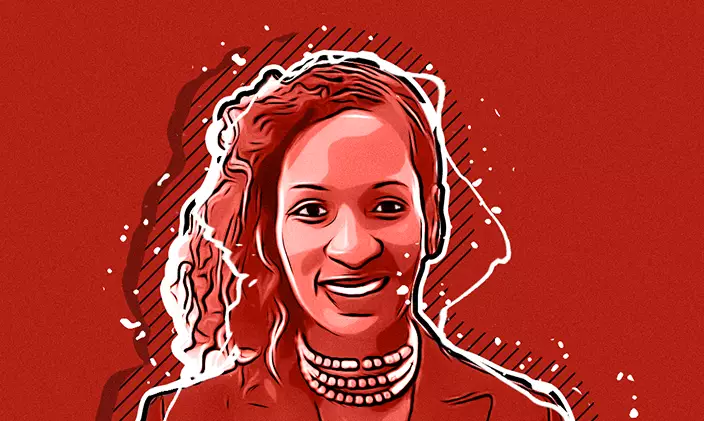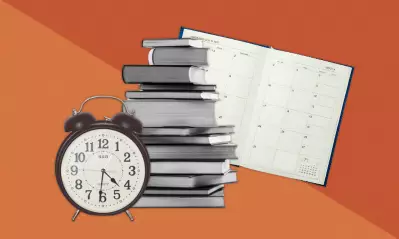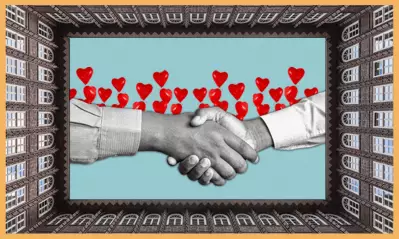Committed to inspiring military veterans

Written by Elizabeth Exline
When Takosha Swan was wrapping up high school and turned her attention to her future, she discovered she and her parents had different plans for what came next.
Her parents envisioned a traditional college path in which she’d return home during the summers and complete her education after four years.
Swan? Not so much.
“I didn’t feel like, coming straight out of high school, that college could grow me into being a better person so I could accomplish all the goals that were inside me that I didn’t even know about yet,” she explains. “I felt like the military could do that.”
Swan’s plan seems to have worked. Today, she is as poised as she is determined. She carries herself with a quiet dignity that doesn’t reveal her many accomplishments, but it does explain them.
Swan, you see, is not only a combat veteran of the 2003 Iraqi war. She is also a songwriter, singer and author. She did eventually go to college, albeit on her terms and according to her schedule. (More on that later.) Today, she holds a bachelor’s degree in business management and an MBA
from University of Phoenix. She was appointed as a state public official for veterans by the governor of Georgia in 2019, and she serves on Georgia’s Veteran Suicide Prevention Team.
So, what drives Swan to wear many hats in her professional life? Part of it’s just who she is, the type of person who believes in doing the right thing and who lives by a code of personal responsibility. Part of it’s the need she sees both personally and professionally.
Transitioning out of the military wasn’t easy for Swan, and it wasn’t easy for her husband, who retired from a 23-year military career.
As she delved into the hows and whys of military veteran suicide and homelessness, Swan understood that something more was needed outside the many programs and nonprofit organizations that exist to help veterans.
Enter “The Veteran Anthem .”
“I just felt like I needed to do more to inspire people to want to live,” Swan recalls. “I’ve been singing my entire life, and writing music inspires me.” Writing a song to inspire military veterans seemed like a natural next step.
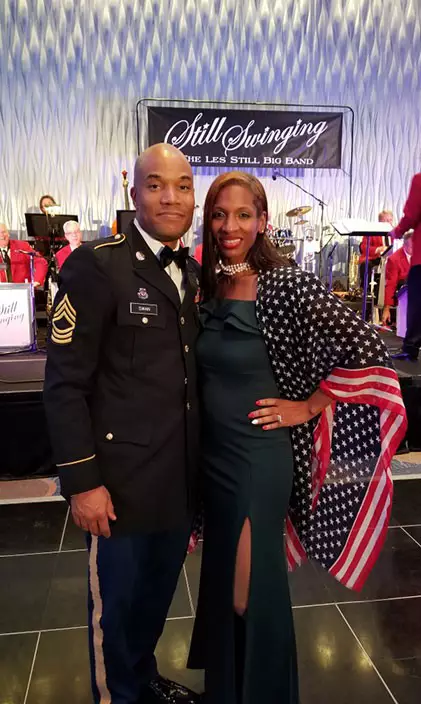
The name, “The Veteran Anthem,” came to Swan first. She penned the lyrics in one day and then spent about a month setting it to music with the help of a friend from the Alpharetta Symphony Orchestra . By the time she headed to the White House in February 2020 for a Black History Month event, the anthem was complete.
Swan, true to form, seized the opportunity of being in D.C.
After the White House event, she headed to the office of the Secretary of Veterans Affairs, where she finagled a meeting.
“I do a lot of things by faith,” Swan acknowledges, explaining the impromptu face-to-face.
It paid off. Swan says the Secretary of Veteran Affairs encouraged her to produce a video to go along with the anthem, which she did when she returned to Georgia. Now, as the anthem continues to gain exposure through the video and live performances, Swan reflects on the responsibilities and rewards of advocating for military veterans.
We asked Swan some questions about how she remains committed to inspiriting military veterans.
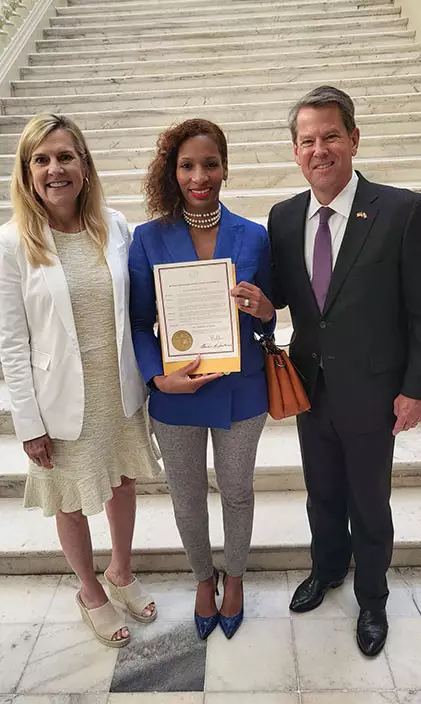
What do you want people to know about veteran mental health?
One thing I want people to know is that all veterans do not have PTSD. There is a huge group of us who just need inspiration.
The lyrics of “The Veteran Anthem” have a message. I’m reminding veterans of who they are, because you can forget after being in the military. It’s like, “I’m still a soldier, but I’m also a human being, a mother, a wife, a person who has dreams, and I need to be able to balance that.”
In reference to mental health, that’s what it is: It’s the balance.
There’s a message in “The Veteran Anthem” also to the family members. Sometimes, the family members don’t know what’s happening, because maybe they’ve never been in the military and they can’t relate. They don’t know why the service member in their house seems to be going into some type of depression. Or maybe there’s some distance, or they just don’t seem inspired.
So, the song is to help everybody, the nation, all of us to remember who we are. We forget our worth. We forget our value. We forget how important we are. Veterans, after being in the military, are like, “Oh, I don’t have a mission anymore. I’m not as important as I was when I was in the military.” I’m just like, “That’s not true now. You have even more to give because you have all of those skill sets from the military, and you can give them to the civilian world.”
Why is it important for society to invest in understanding and supporting mental health for veterans?
We need to learn how to connect with each other. Sometimes service members have a hard time connecting with people who haven’t been in the military. So that’s what the anthem is about. If a service member goes to a football game and they hear “The Veteran Anthem,” I don’t care if nobody there has ever been in the military. That is a connection that, “OK, they do remember me. I am still valuable. I feel the connection here. So, OK, I want to live another day.”
What motivates you to serve as a mouthpiece for veteran mental health?
My own experience. When I first came out of the military, I had a job lined up to be a civilian worker but still with the military. Because of the war, it fell through, so I got out of the military thinking that I had a job and I didn’t.
That’s actually where University of Phoenix came in. Because that job fell through, I went to school. So, University of Phoenix really played an instrumental part in my life because I had something to turn to.
I still see veterans on the street as if they don’t have access to the tools they need to move forward in life, but I know that they do because of my positions with the state and things that I’ve done.
That’s when I was like, “OK, they just need some inspiration to want to access these programs, to want to use that money [from military or disability benefits] for something that will benefit their lives.”
When I saw that, it was a really big motivation to write “The Veteran Anthem.” I saw that it’s not that we don’t have access to the resources. It was the inspirational piece that was missing.
Read more inspiring alumni stories on the blog!

ABOUT THE AUTHOR
Elizabeth Exline has been telling stories ever since she won a writing contest in third grade. She's covered design and architecture, travel, lifestyle content and a host of other topics for national, regional, local and brand publications. Additionally, she's worked in content development for Marriott International and manuscript development for a variety of authors.
This article has been vetted by University of Phoenix's editorial advisory committee.
Read more about our editorial process.
Read more articles like this:

